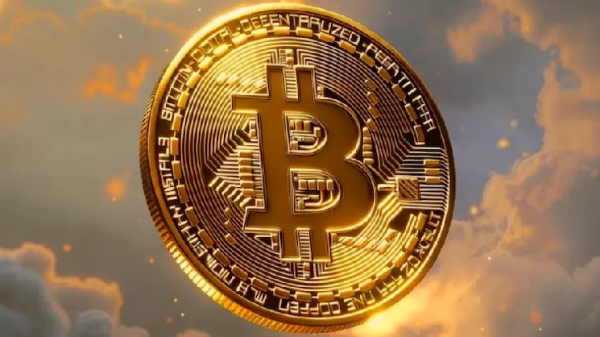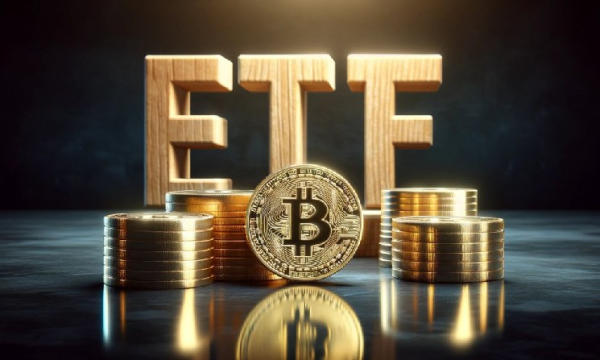Bitcoin declared immortal
 For the first time in the history of the world's first cryptocurrency, not a single media outlet, expert, or blogger has declared Bitcoin dead this past year, according to experts from tracking services 99Bitcoins and Bitbo.
For the first time in the history of the world's first cryptocurrency, not a single media outlet, expert, or blogger has declared Bitcoin dead this past year, according to experts from tracking services 99Bitcoins and Bitbo.
Over the 16 years of its history, from 2008 to December 2024, Bitcoin was declared dead more than 470 times, according to 99Bitcoins and Bitbo. Every time the price of the leading cryptocurrency plummeted, some popular economist or analyst rushed to “bury the Bitcoin bubble.”
According to 99Bitcoins, the peak of critical activity occurred during the recession of 2014–2018, when volatility and crisis in the digital asset market provoked skeptics to launch widespread accusations against the creators of the first cryptocurrency as a “speculative Ponzi scheme.”
In 2025, the seemingly impossible happened for the first time. The absence of such accusations can be seen as a triumph of the project's maturity, experts from tracking services declared.
They attributed the change in sentiment to increased interest from investment funds and large companies following the launch of spot BTC ETFs in the US. This allowed them to attract assets from giants like BlackRock, Fidelity, and Grayscale. Following the lead of the financial industry leaders, smaller management companies also poured billions of dollars into the crypto market, transforming Bitcoin from an exotic virtual coin into a familiar element of pension portfolios and corporate balance sheets.
The volatility that once fueled obituaries has all but evaporated, and the Bitcoin price has firmly established itself above $100,000 per coin, according to experts at 99Bitcoins and Bitbo. Bitcoin has become immortal not because it's become invulnerable, but because it's outgrown its maturation stage, and the asset's immediate demise no longer seems so likely, the experts concluded.
Previously, Blockstream co-founder Adam Back called Bitcoin “permissionless money” and a direct embodiment of the 1990s cypherpunks' vision of anonymous digital cash without intermediaries. According to the businessman, Bitcoin's unique properties allow the first cryptocurrency to be considered a censorship-resistant digital equivalent of money.
Source: cryptonews.net



